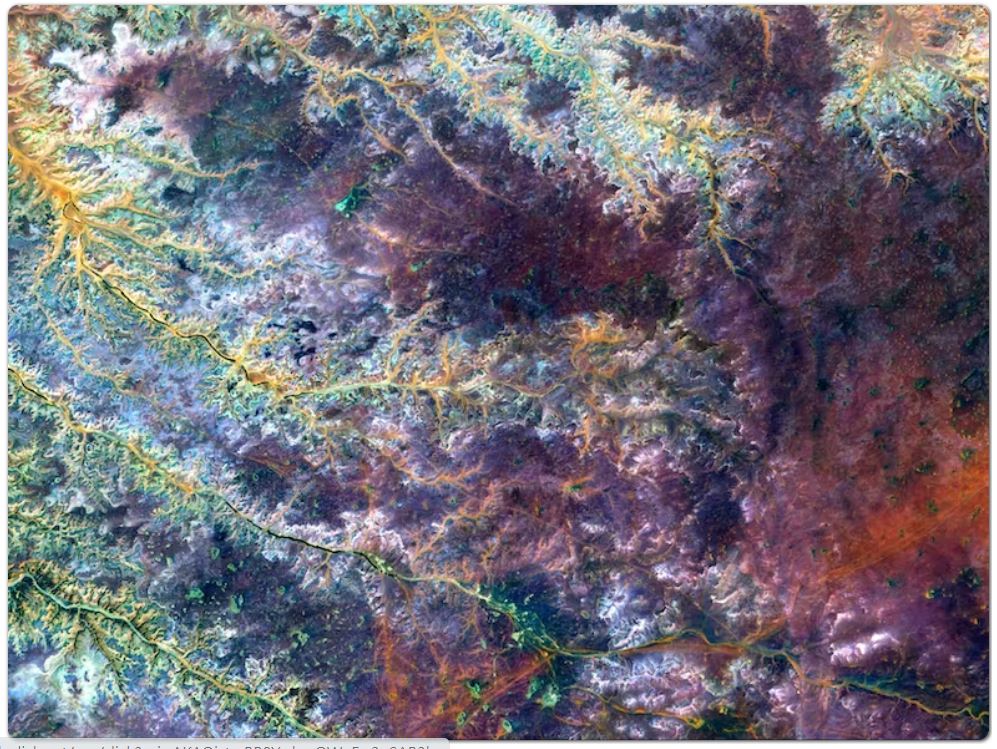SWIR hyperspectral imaging can be used for applications such as mine detection, agricultural crop health monitoring, humanitarian aid, and logistics.

ARLINGTON, Va. – U.S. Air Force researchers needed a company to develop extended-wavelength shortwave infrared (SWIR) sensors for hyperspectral imaging aboard unmanned aircraft. They found their solution from Princeton Infrared Technologies Inc. in Monmouth Junction, N.J.
Officials of the Air Force work project office called AFWERX in Arlington, Va., has announced a $749,961 small business innovation (SBIR) phase-two contract to Princeton Infrared to investigate the potential of SWIR sensing for hyperspectral imaging aboard unmanned aerial vehicles (UAVs) to fill capability gaps in Air Force programs.
Hyperspectral imaging in the SWIR wavelength range from 900 to 1700 nanometers, and can be used for applications such as agricultural crop health monitoring and humanitarian aid and logistics. Current hyperspectral systems are expensive because of their large-format arrays and complicated optical components.
Princeton Infrared researchers will fabricate a micro-lens array into the detector array substrate in attempts to improve sensors alignment accuracy and structural integrity.
This approach is conducive to wafer-scale processing techniques for large-volume production at a significantly reduced cost, Princeton Infrared officials say.
Researchers will develop and demonstrate imagers with detection capabilities from 900 to 2500 nanometers using thermoelectric cooling to support operation. This will enhance the number of material types that can be identified and detected using SWIR hyperspectral imaging.
2023 Infrared Sensing Application Market and Branding Strategies
Release: 01 January 2023
Format: PDF
Language: Traditional Chinese / English
Page: 164
If you would like to know more details , please contact:











